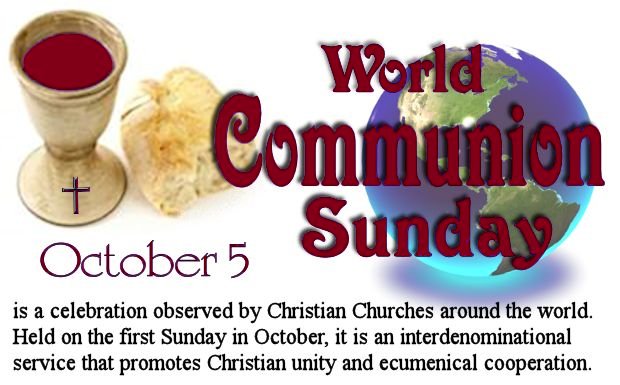There are times, such as in moments of extreme frustration, when non-believers join followers of Jesus in referencing God. We use the expression “for the love of God” to express our vexation as we implore a person to act out of basic human decency or common sense. Usually the one uttering the phrase is not actually thinking theologically about love for God, or God’s love for us. Yet since February is the month we celebrate love with Valentine’s Day, now is as good a time as any to consider the implications of taking this common saying literally. What would it mean to act for the love of God in all things?
Does it mean, for instance, that we are to act because God loves us, because we love God, or both? And how are we to act? We can find an answer to these questions in the 4th chapter of the 1st Letter of John. “God,” says the author, “is love” (4:8).
God’s love was revealed among us in this way: God sent his only Son into the world so that we might live through him. In this is love, not that we loved God but that he loved us and sent his Son to be the atoning sacrifice for our sins. Beloved, since God loved us so much, we also ought to love one another. No one has ever seen God; if we love one another, God lives in us, and his love is perfected in us.
To act for the love of God is, therefore, to extend Christ-like love to others in response to God’s love for us. It is to seek the deepest, the truest good for others rather than our own advantage or satisfaction. It is to be patient, kind, respectful, and humble toward others. At times it means being flexible to preserve relationships. It means insisting on right-doing and truth. (See 1 Corinthians 13: 4-7).
In the final analysis, to act literally “for the love of God” is to live out one’s life with far more than basic human decency or common sense. It is to pattern one’s life after the Incarnation of God’s love – Jesus Christ. I am tempted to say: “For the love of God, what part of Jesus saying, ‘Follow me’ don’t you get?” There is an urgency in our Lord’s words that we often miss in the context of worship or Bible study. Love, says Paul, is patient and kind, but that doesn’t rule Jesus’ disappointment when his followers fail to act for the love of God.
Pastor Derek French



